A few days before his 97th birthday, Edwin Clark, the prominent Ijaw leader, said, going by record, he was the first person to clock that age in his family, community, and clan. Despite the challenges that come with ageing, the nonagenarian spoke with a sense of pride and gratitude about his longevity and looked forward to growing older and having great-grandchildren.
“As I speak to you now, between the age of 93 and today, I have got four great-grandchildren. I pray God will keep me healthy. Perhaps if I got the batteries, I would have many more years,” he said in this interview.
His words captured both the wisdom and hope that had carried him through nearly a century of life. Sadly, Clark’s “batteries” could not power him to his 98th birthday. He passed away on Monday, leaving on the tongues and minds of many adulation and an enduring legacy.
Speaking in 2023 at the presentation of his memoir “Brutally Frank”, Clark said he stopped celebrating his birthday since the Chibok girls’ abduction in 2014.
Advertisement
THE FIRST OF THE CLARK BROTHERS

Edwin Clark was born on May 25, 1927, in an Ijaw community in present-day Delta state, Nigeria. His father was from the Kiagbodo community, and his mother was from Eruwanrhien. Clark spent his early years with his maternal family in Eruwanrhien, where he began his education at Effurun-Otor, though informal. He recalled that his parents got teachers to tutor their children for a fee, “but we didn’t know what we were learning really”.
He was the oldest and longest-surviving of his siblings, among whom were the late B.A. Clark, a diplomat, and J.P. Clark, foremost poet and playwright.
Advertisement
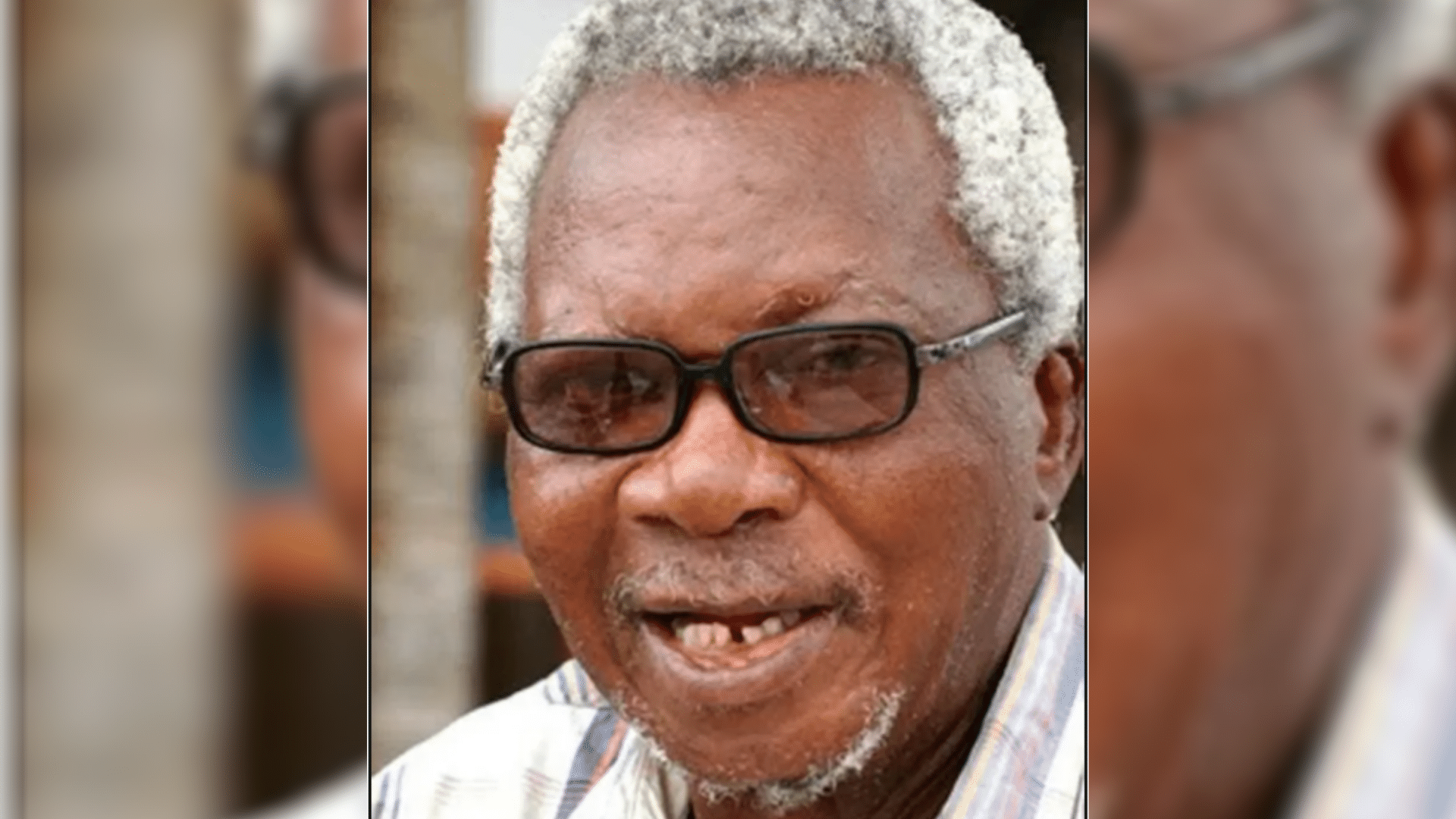
Clark grew up with his brothers, whom he said were exactly three years apart, expressing his amusement by the “naturality” of family planning in those days. He lived with his mother until he was about 10 years old when his father came for them.
“That was the first time we were visiting Kiagbodo. I spoke Urhobo more than Ijaw, my father’s language,” he said.
Their father then enrolled them in African Church School, where the sole teacher, Thompson Okitikpi, gave them English names due to difficulty in pronouncing their native names.
Formally called Kiagbodo, Okitikpi renamed him Edwin Clark; another of his brothers became Godfrey Clark; Akporode Clark was renamed Blessing Clark; and also Johnson Pepper Clark.
Advertisement
“These are the names we answer to till today. They were not given to us by our parents. That’s how we grew up,” he said.
In 1940, their father enrolled them in Native Authority School, Okrika, a government-owned school Clark describes as “very prestigious”. He said they were made to live alone and fend for themselves while their father had a disciplinarian watch them from a distance.
Clark said since there was no refrigerator then, they had to cook daily, adding that he had never tasted iced fish.
“So, we had that humble background, and we would swim in the river, and then we would dive to catch crabs or Kpoku (oyster) and snails. We used them in cooking. At that time, fish was in abundance, but not today. If I tell you, you won’t believe it. I have never tasted iced fish,” he said.
Advertisement
Clark later attended the Government Teacher Training College, which later became Delta State University, Abraka, and worked briefly as a school teacher before travelling to Britain to earn a law degree.
PUBLIC SERVICE
Advertisement
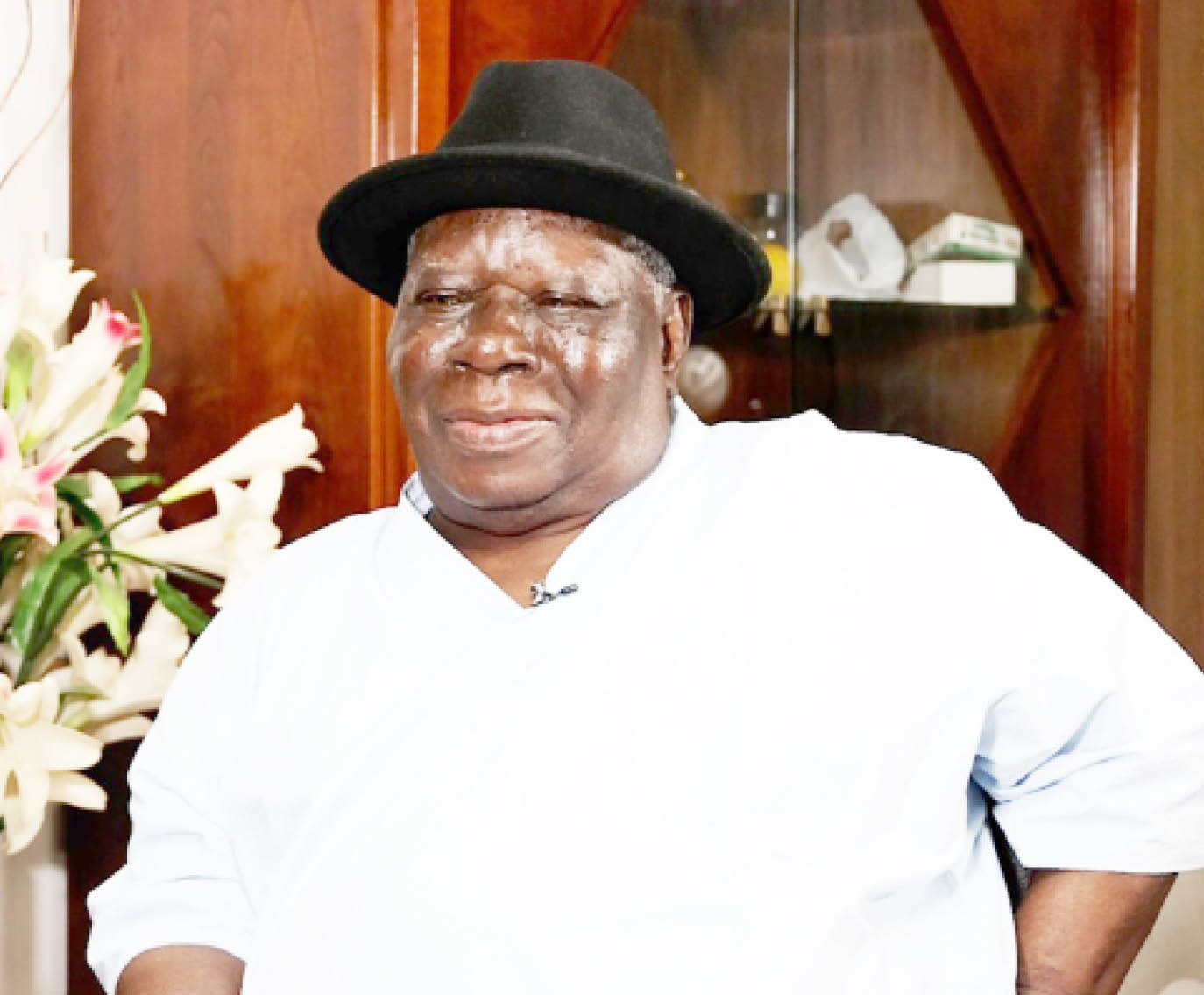
Clark, hailing from a large family, credited his leadership abilities to the values instilled by his parents.
Advertisement
“I have always had qualities of leadership, of being noticed at all times,” Clark reflected, recalling how, in 1961, after arriving in London to study law, his peers elected him president of Hans Crescent, a student body representing over 200 individuals from across the globe.
His political journey began in 1953 when he was elected councillor of Bomadi in Delta state, and he later joined the National Council of Nigeria and the Cameroons (NCNC) political party. After completing his law degree in London, Clark returned to Nigeria in 1965, practising law before being appointed as Midwestern commissioner for education, and later commissioner for finance from 1966 to 1975. During the second republic, he aligned with the National Party of Nigeria (NPN), serving as the party’s treasurer in the old Bendel state.
Advertisement
In 1975, he was appointed federal commissioner for information by General Yakubu Gowon, a role akin to today’s minister of information. Clark, a fierce Ijaw leader and outspoken critic, also served as a senator for three months in 1983 during the Shehu Shagari administration.
A MAN OF AND FOR HIS PEOPLE
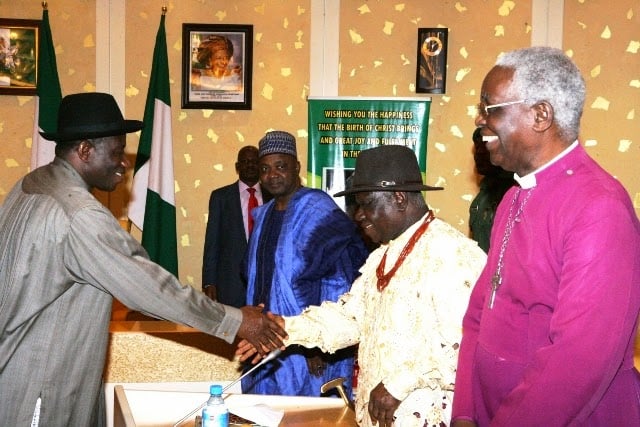
Clark’s connection to his roots and background is unarguable. His upbringing in a diverse cultural environment significantly shaped his perspective and contributions to national discourse. As an Ijaw man, his heritage carries a strong sense of community, tradition, and respect for the land and its people. The influence of his roots can be seen in his lifelong dedication to advocating for the rights and welfare of the Niger Delta communities, who have long faced environmental challenges and alleged political marginalisation.
His work not only reflects his connection to his heritage but also underscores his commitment to ensuring that the voices of his people are heard in both local and national conversations. He was so invested in his roots.
“My mission in life was to help my people, to see that my people were educated,” he said.
From early on, he became one of the region’s most prominent voices, demanding fair treatment for his people, especially with the rise of militancy in the region. Clark viewed the armed resistance as a direct result of years of systemic neglect. As a leader in the Pan Niger Delta Forum (PANDEF), he sought peace and dialogue, tirelessly advocating for resource control, environmental preservation, and increased political representation for his people.
Until his death, Clark was the leader of PANDEF and he was grateful to God that his people recognised his investment in them “and the Ijaw ethnic nationality made me their leader”. He continued to speak truth to power and remained a fierce critic of government officials.
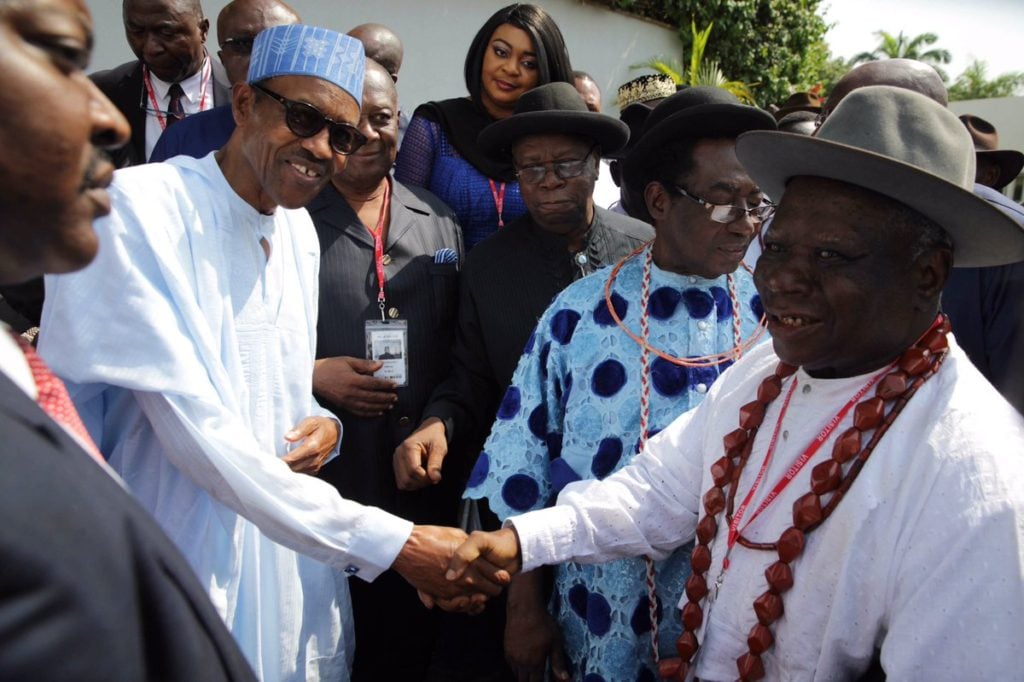
In appreciation of his commitment to the cause of his people, he was given his first chieftaincy title, Izon-Ibe Kikilowe, meaning “the Ijaw man who was taking care of the Ijaw tribe”, in March 1975.
His education and professional journey, from law to politics, served as tools to elevate his advocacy and give back to his community. In 2015, at the advanced age of 85, he established the Edwin Clark University of Technology as a parting gift and legacy to his people. Having served as an education commissioner, he felt leaving a legacy in the education sector was “better than building estates”.
“Nigerians will one day be proud of the setting up of the university and through it remember that there was a man like Chief EK Clark,” he said. Through his work, Clark remains not only a political figure but also a custodian of his community’s history, culture, and future.
HOW CLARK ESCAPED DEATH IN 1973
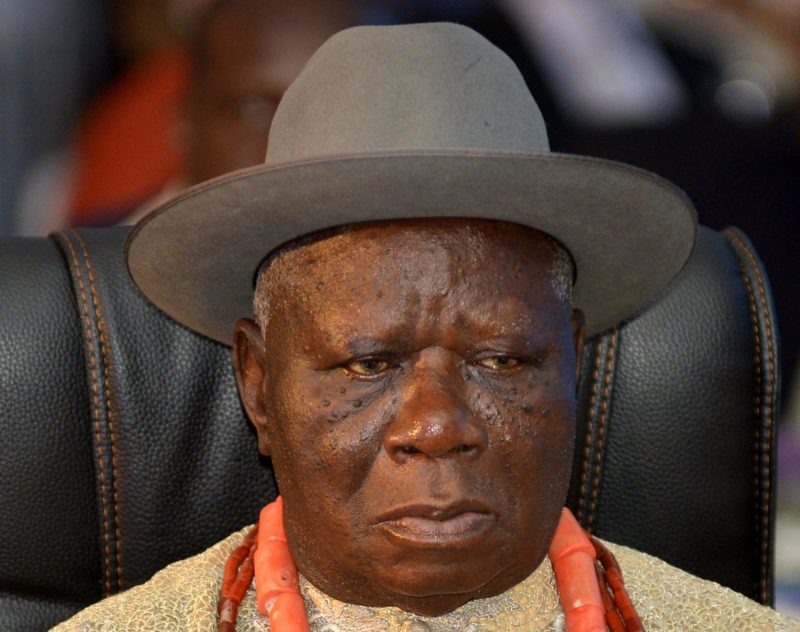
Clark recollected a life-altering moment when he narrowly escaped death in 1973. On the day he was supposed to travel to Kpakiama, an Ijaw town, to settle a census dispute, he was to be picked up by a car that would transport him to the helicopter. However, he slipped while leaving his home and fell. His people urged him to discontinue the journey, and he heeded their advice. What seemed like a minor accident turned out to be a life-saving blessing in disguise for Clark.
“In the evening, news came that the driver crashed on the road, and he died. I would not have been saying this or talking to you now if I had travelled in that car,” he said.
Clark agrees that as a human, one must have regrets, one of his being the death of his daughter, Herenta Wilkimba Clark, in the early 2000s. He said he was unaware that his daughter had breast cancer and was expecting a child while he was “far away, running about politics with President Goodluck Jonathan”.
Though he lost his daughter, he was survived by 10 children, almost 30 grandchildren, and four great-grandchildren.
AN ALLY TO WIKE’S RIVAL

In the feud between Nyesom Wike, FCT minister, and Siminalayi Fubara, Clark pitched his tent with the latter.
Since 2023, Fubara, governor of Rivers, and Wike, his predecessor, have been at loggerheads over the political control of the state. The rift has led to the polarisation of the Rivers state house of assembly.
Clark blamed Wike for the ruckus in the state and accused him of oppressing Fubara.
“Wike is a man without integrity, with double standards. He is dancing naked in the market; he doesn’t know. He has one leg in the APC and his second leg in the PDP. Who is he deceiving?” Clark asked in this 2023 interview.
An avid lover of music, Clark enjoyed dancing and often visited clubs during his student days in London, where he grooved to “all types of dances”. His zest for life and personal passions were just as prominent as his commitment to his community.
His death marks the end of an era, but his memory will be carried by the countless tributes from family members, colleagues, and all those whose lives he had touched throughout his remarkable journey.
Add a comment










